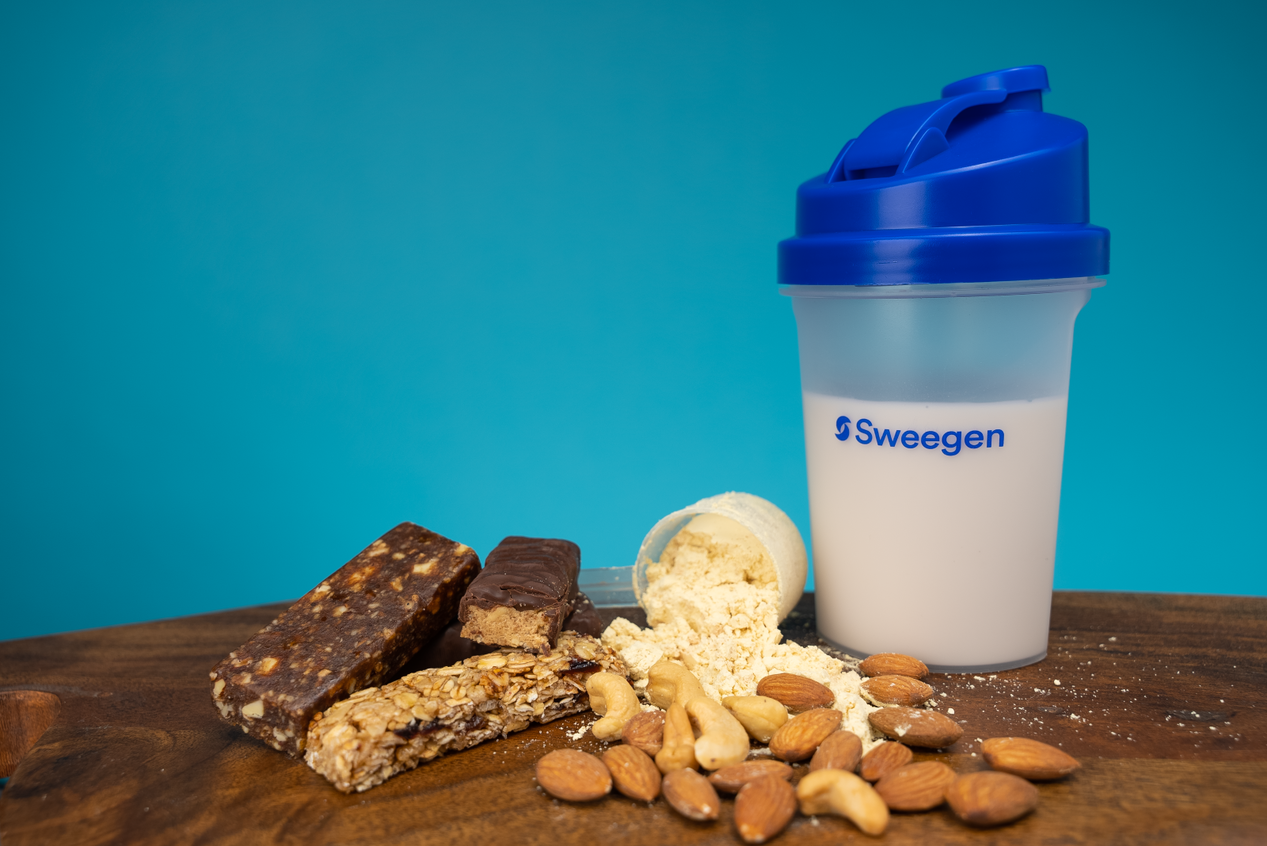How ‘Plant Based’ Has Evolved Over the Years
Go from Plant-Based Product Inspiration to Product Innovation with Sweegen

Vegetable-based diets have been around for thousands of years and have remained a staple in places like India, Africa, and the Mediterranean.
In 1847, the first vegetarian society was formed in England. As years went on, the vegetarian diet was championed by various groups around the world seeking to improve health and wellness at scale. By the 1900s, people in Western countries began eating significantly more meat as preservation became easier with advances in refrigeration and transportation.
Vegetable-based diets gained momentum in the United States and the United Kingdom in the 1970s, after the vegetarian movement was launched with the publication of Diet for a Small Planet, by Frances Moore Lappe, and the animal rights movement and PETA were launched with the publication of Animal Liberation, by Peter Singer.
The term “plant based” was coined in 1980 by T. Colin Campbell, as he studied how vegetable-based diets impacted cancer. He wanted to describe a vegetable-based diet without ethical implications. This made the vegetable-based diet more accessible to people who were drawn to vegetables but didn’t want to delete all animal products from their diets.
Some people incorporate plant-based foods into vegan lifestyles – which refrain from all animal proteins and products; vegetarian diets – which may consume some animal products but not animal proteins; or as part of a flexitarian or semi-vegetarian approach – which limits the amount of animal protein consumed.
The Pandemic and Plant-Based Diets
The pandemic has played a big role in the recent surge of plant-based diets. With people packing on pandemic weight, they became motivated and had more time than ever before to research ways to lose unwanted weight and prioritize health and wellbeing. “Over the last 2 to 5 years, more and more people are discovering all things plant-based […] By the summer of 2020, plant-based food sales more than doubled (+243 %), with consumers putting 14 % more meat-free and dairy-free options in their baskets” (New Food Magazine, 2021).
The plant-based food market is expected to grow at a CAGR of 11.9% from 2020 to 2027, to reach $74.2 billion by 2027 (Meticulous Market Research). Food and beverage brands have an opportunity to meet consumer demand for all things plant-based with unique innovations.
Developing Plant-Based Products
Consumer demand for plant-based products goes beyond plant-based meat alternatives. From plant-based milks and creamers to plant-based bars, yogurts, and spreads, people are looking to brands to provide better-for-you options sourced from the earth. Food allergies, lifestyle choices, and ethical, religious, or environmental beliefs all drive the search for plant-based alternatives.
But just because people reach for products with plant-based ingredients, doesn’t mean they don’t want indulgent treats. Consumers want consistent access to tasty plant-based chocolates, pastries, protein bars, ice cream, and frozen treats too.
But plant-based products often contain high amounts of sugar in order to mask plant-based ingredients. They also often lack nutrients, and force the consumer to unhappily compromise on taste or texture, or both.
This is where Sweegen can help.
As a full-service product developer redefining the world of health via exciting food and beverage technologies, Sweegen can support your brand in bringing delicious plant-based product innovations to life.
Our team of product developers, known as Taste Blazers, are passionate about helping brands remove the bad stuff, like sugar and artificial sweeteners, and add in the good stuff, like functional ingredients, vitamins, and proteins, while focusing on the bottom line – making better-for-you products taste delicious.
Ready to go from plant-based inspiration to innovation? Contact us to get started and learn more about us here.
